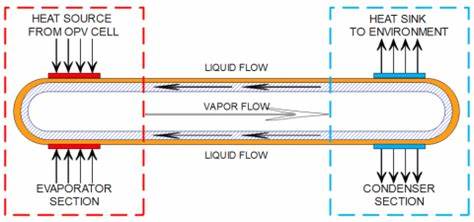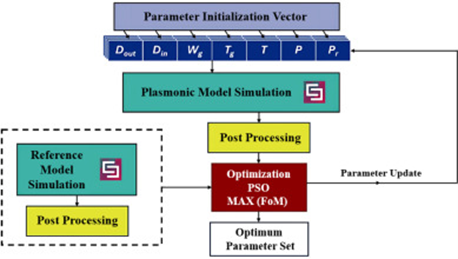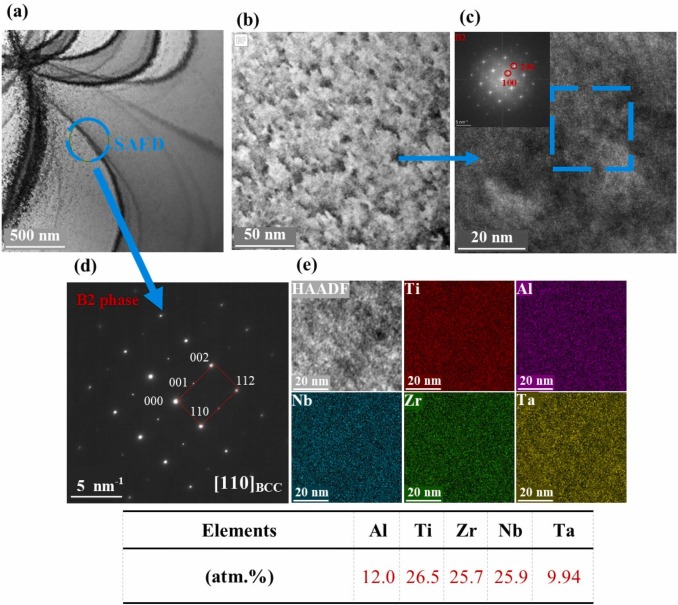

Improving the Performance of Organic Photovoltaic Panels by Integrating Heat Pipe for Cooling
A new photovoltaic technology is manufactured from an organic material that easily degrades in nature. Unfortunately, organic photovoltaics suffer from low thermal stability and lower power conversion efficiency compared with silicon-based photovoltaics. Cooling is critical in this type of photovoltaic because of these factors. This research investigates a new method to cool this organic photovoltaic with a heat pipe to achieve a minimum operating temperature and maximum temperature uniformity, the heat pipe design is fixed, and the number of cells served by a single heat pipe is studied. For each case, the temperature distribution is plotted, and the maximum and the range in the temperature distribution are recorded, respectively, as a measure of the cell's performance. The temperature of the cell is evaluated numerically using COMSOL 5.6 Multiphysics. software with and without the heat pipe. The electrical performance was estimated in both cases using GPVDM. software. Consequently, the combined system of panel and cell reaches a maximum thermal stability at a minimum temperature of 33.4° instead of 52° without a heat pipe, which improves the electrical performance and the power conversion efficiency by 0.24%. © 2022 International Information and Engineering Technology Association. All rights reserved.



